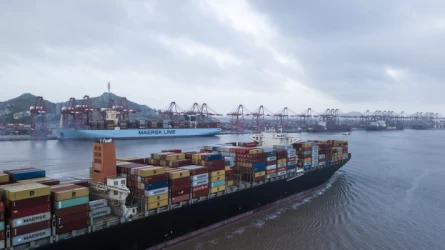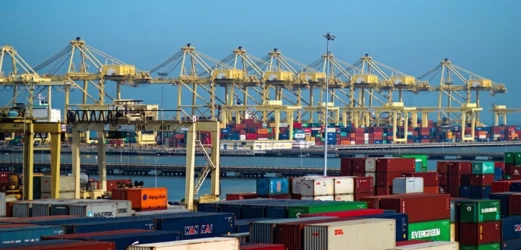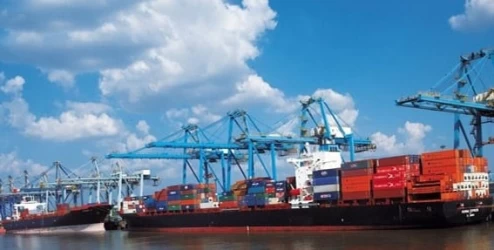Guide to Trade with Hong Kong, Sea Transportation
Hong Kong, strategically located on the southern coast of China, is a global logistics hub known for its efficient sea transportation infrastructure. This guide provides an overview of trading with Hong Kong, focusing on sea transportation.
Infrastructure and Connectivity
Hong Kong boasts world-class port facilities, including the Kwai Tsing Container Terminals, which are among the busiest container ports globally. The port’s infrastructure supports efficient loading and unloading procedures, with a vessel turnaround time averaging just 10 hours. Additionally, Hong Kong’s extensive road and rail networks enhance connectivity, facilitating the smooth movement of goods both domestically and internationally.
Free Trade and Business Environment
Hong Kong’s commitment to free trade and its business-friendly environment make it an ideal location for international trade. The city has a low tax regime, minimal customs barriers, and a liberal trade policy. These factors, combined with a common law legal system and efficient bureaucracy, attract numerous multinational companies and logistics service providers.
Logistics Services
Hong Kong offers a wide range of logistics services, including freight forwarding, warehousing, distribution, supply chain management, and value-added services. The competitive landscape ensures a diverse range of service offerings, leveraging the city’s efficient transportation infrastructure to facilitate the movement of goods.
Trade with Mainland China
Hong Kong serves as a gateway for trade between China and the rest of the world. The Closer Economic Partnership Arrangement (CEPA) provides preferential access to the mainland market for Hong Kong-based companies, enhancing cross-border logistics activities. This arrangement positions Hong Kong as a distribution and consolidation hub for goods destined for mainland China.
Port of Hong Kong
The Port of Hong Kong is one of the busiest and most efficient international container ports. It features multiple terminals, including the Kwai Tsing Terminals and the Victoria Harbor, which handle a significant volume of cargo annually. The port’s advanced management and streamlined procedures ensure efficient operations, making it a preferred choice for international shipping.
Conclusion trade with Hong Kong
Trading with Hong Kong via sea transportation offers numerous advantages, including world-class infrastructure, a business-friendly environment, and efficient logistics services. The city’s strategic location and commitment to free trade make it an ideal hub for international trade, particularly with mainland China.
If you have any specific questions or need further details, feel free to ask!











